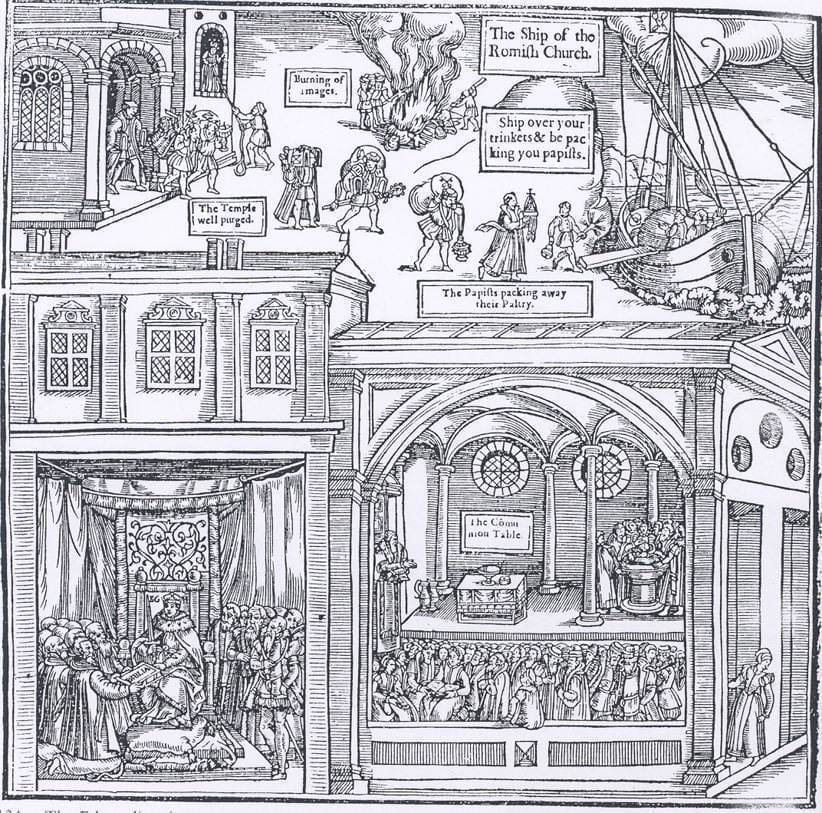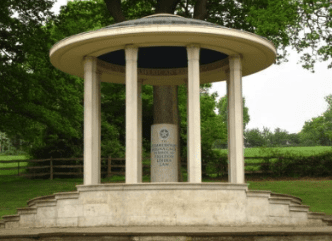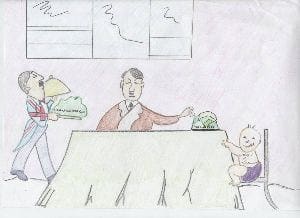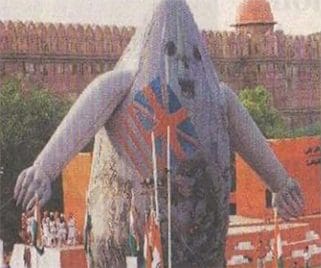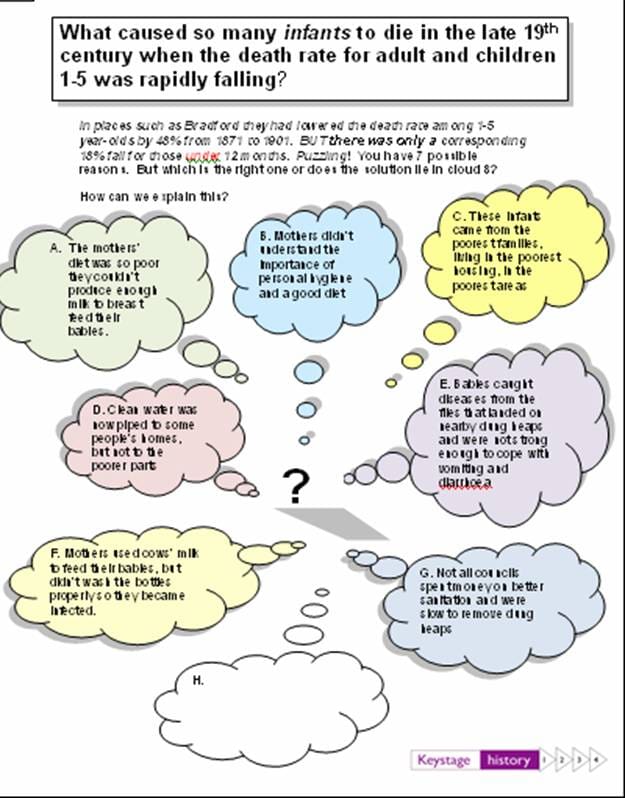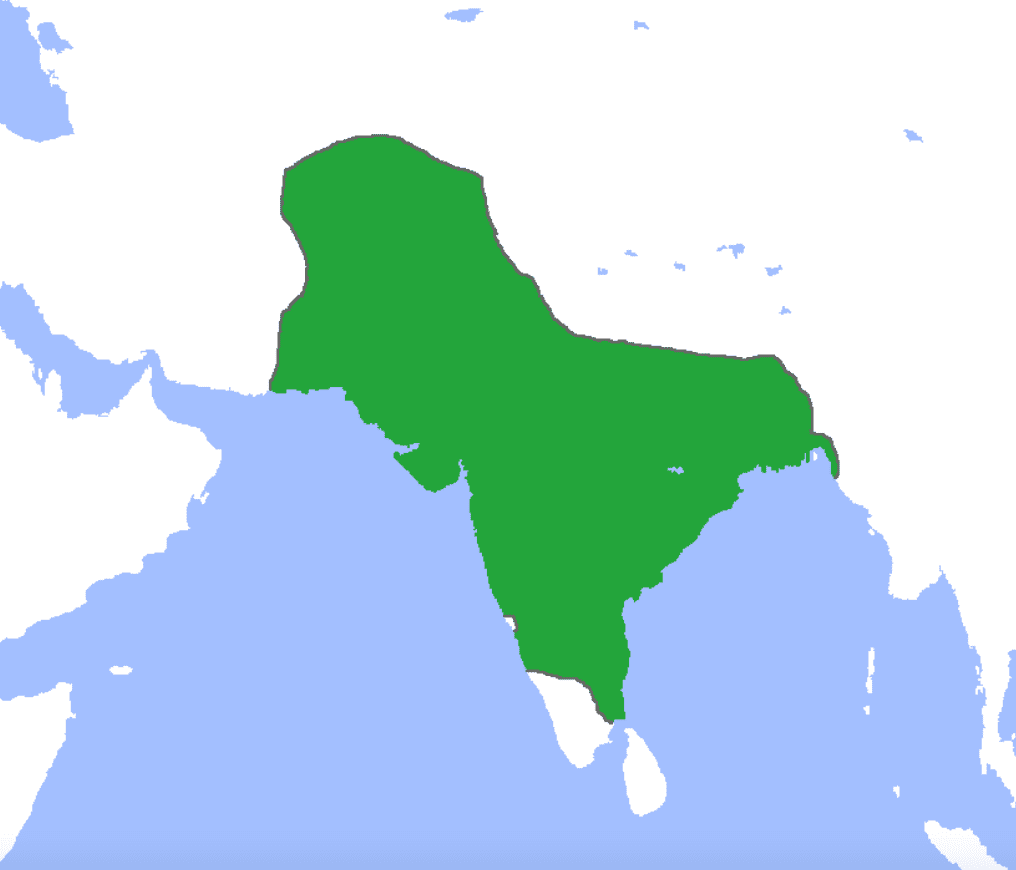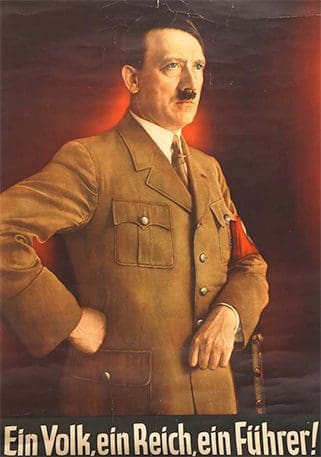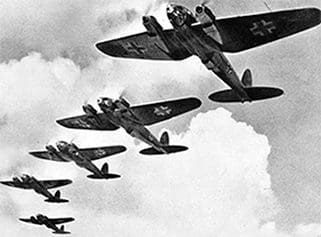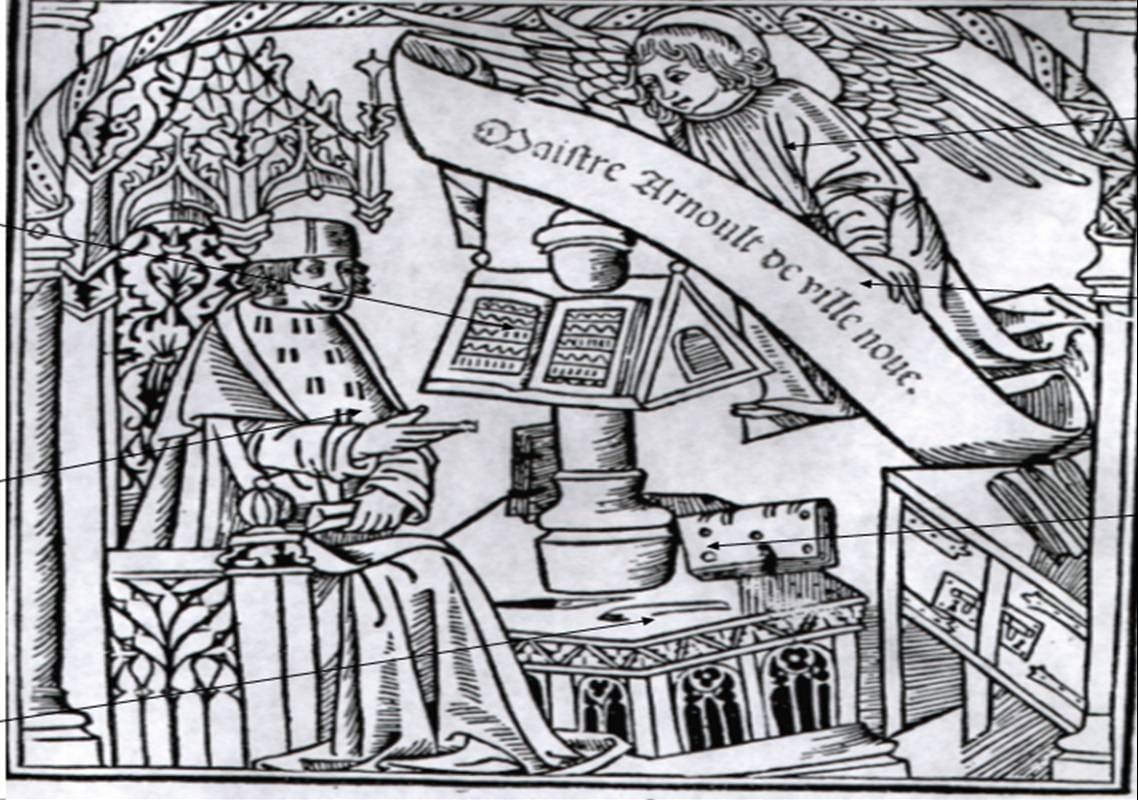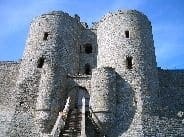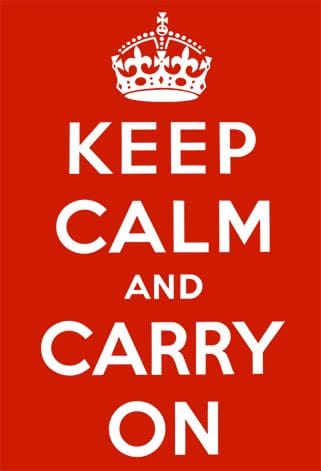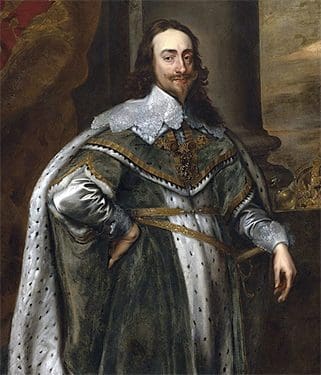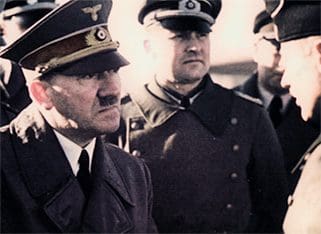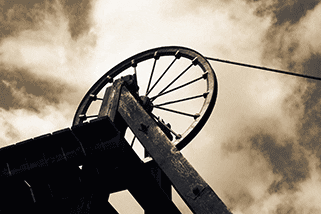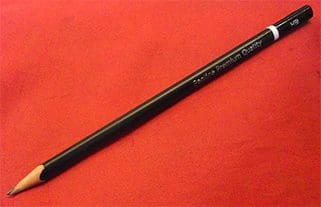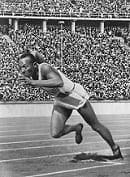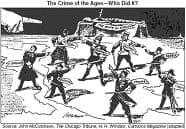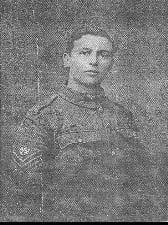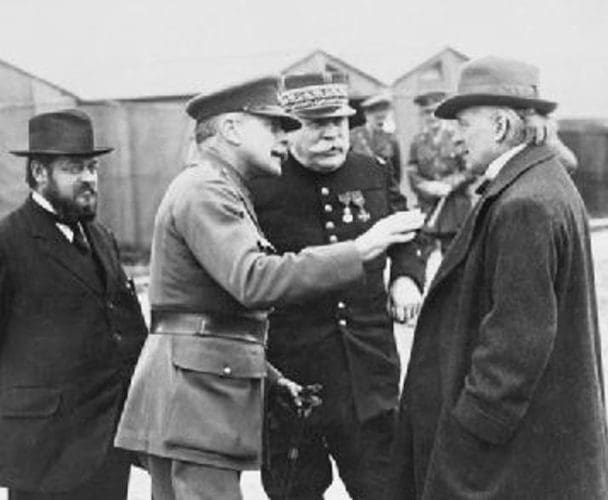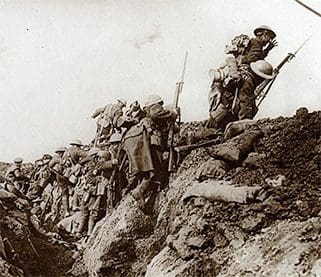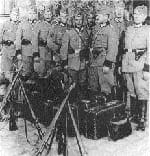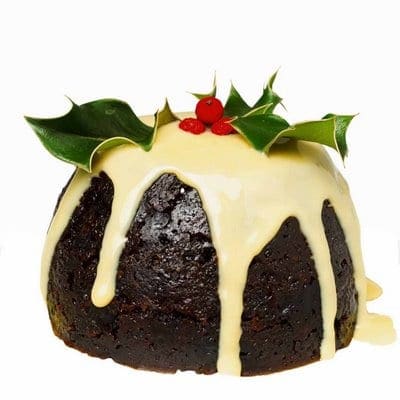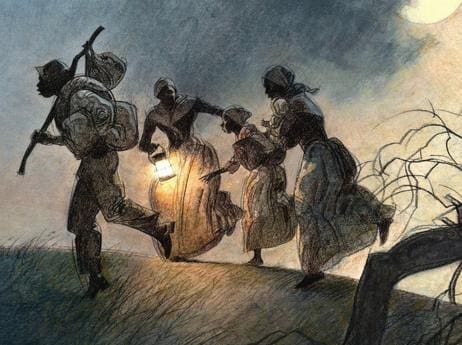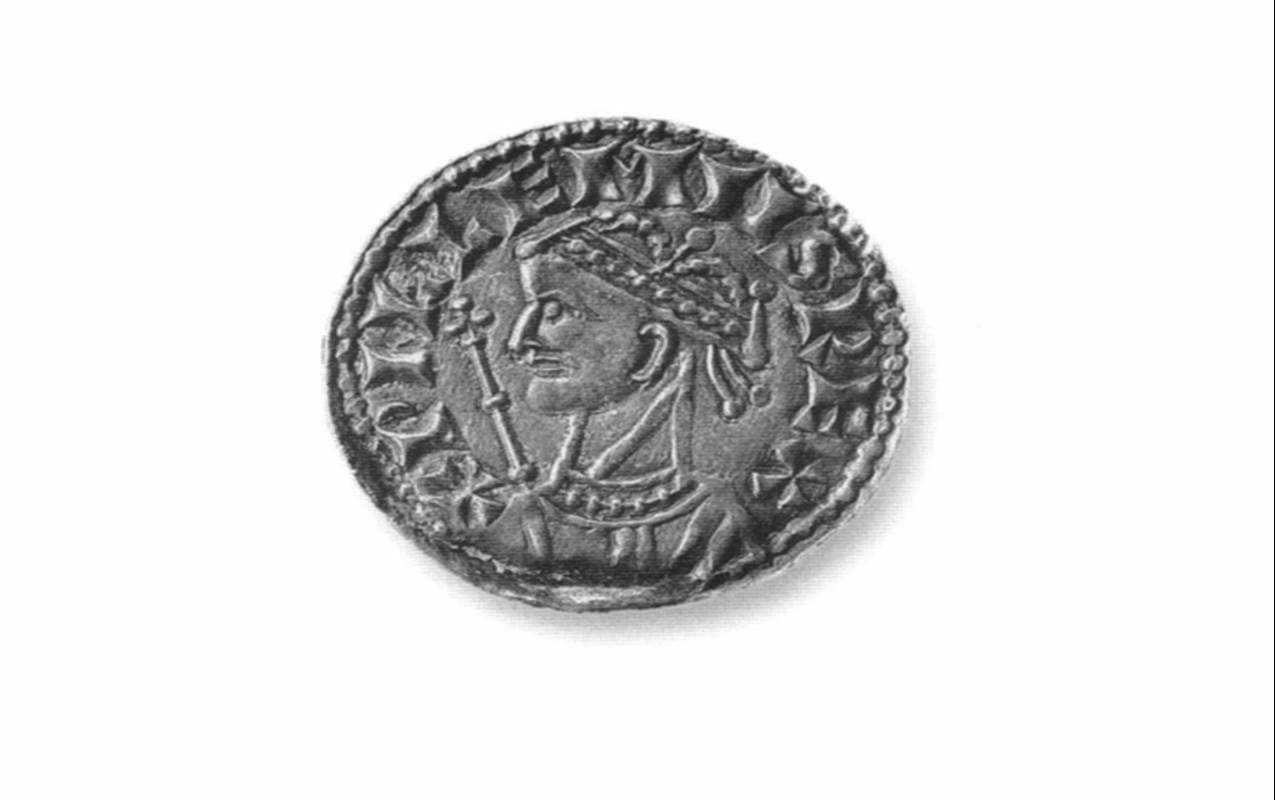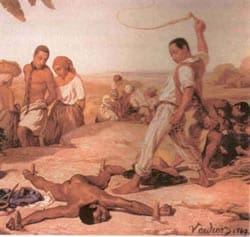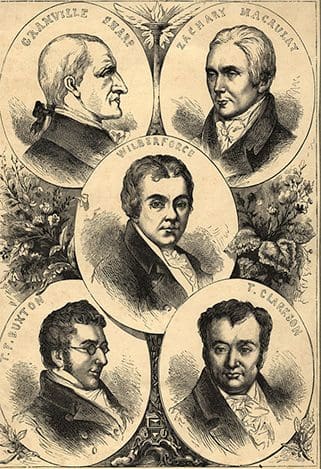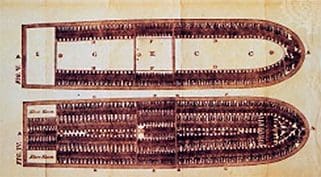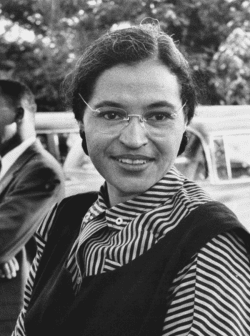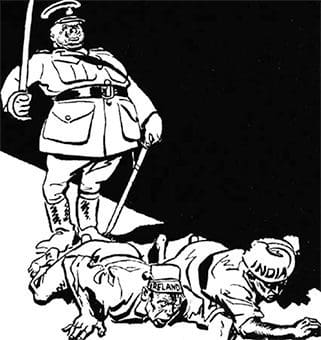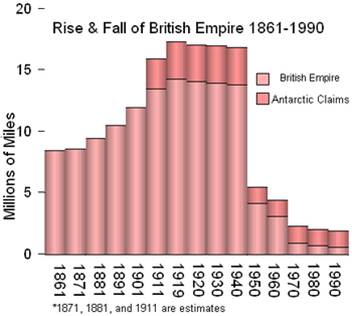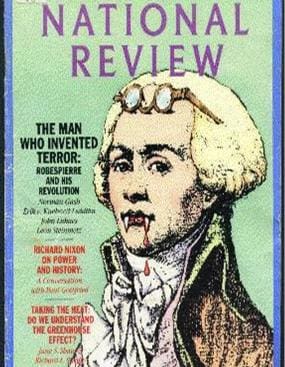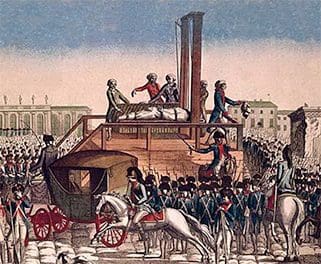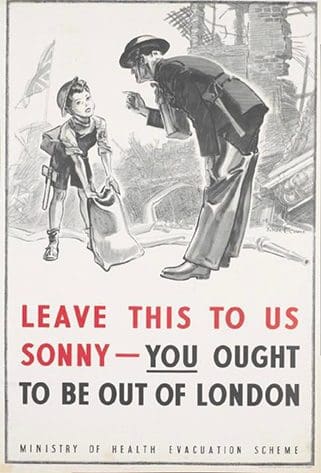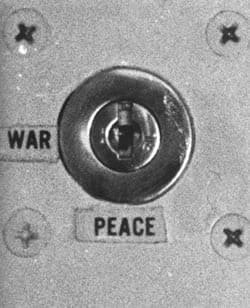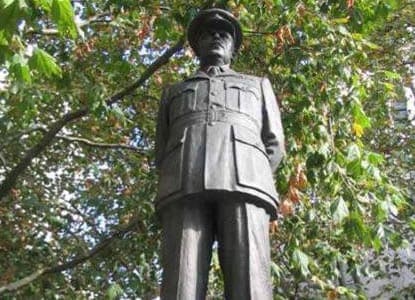Key stage 3 History teaching
Starter activity on religious changes in the reign of Edward VI. SMART TASK KS3
A quick small group starter task in which pupils collaborate to show what meaning they can make from an image…
Read MoreHow significant was Magna Carta? SMART TASK KS3
Pupils have been commissioned to produce two brief podcasts for the British Library website aimed at a teenage audience. The…
Read MoreLearning at Key Stage 3
This section of the site has been designed to bring greater variety to learning and to work towards making pupils…
Read MoreIndependence History at KS3 and GCSE
Independent Enquirers Learners can develop as independent enquirers when they are provided with opportunities in history to: explore for themselves…
Read MoreView of learners in history at Key Stage 3
With the increasing emphasis now being placed on the ‘pupil voice’, it is important that we make use of feedback…
Read MoreRoles for Learners: KS3
In addition to thinking of imaginative and motivating activities for our lessons, it is often helpful to think about the…
Read More20 Imaginative products in history at Key Stage 3
This section is included to jog your memory about the range of outcomes that might be expected and to promote…
Read MoreThe learning process at Key Stage 3
Far from being ‘just theory’, understanding how children learn in history underpins all the decisions we make in our classrooms. …
Read MoreThe Empire strikes back! SMART TASK KS3
Having previously investigated the criticism of empire, students now set about defending it. After studying a contemporary Indian view of…
Read MoreSmart Task Puzzle Corner – Why did so many infants die when the death rate was falling?
Puzzle corner: SMART thinking skills task on why so many infants continued to die before their first birthday at a…
Read MoreApproach to teaching Significant Societies at Key Stage 3
As part of the current curriculum schools are required to teach at least one significant issue or society. Several options…
Read MoreTeaching local history at Key Stage 3
What does it mean by local? The current curriculum makes it mandatory to include a local history study in your…
Read MoreWhy study the Mughal Empire at Key Stage 3?
Reasons for studying this period above the other tempting options are: The Mughal Empire was the greatest of the Muslim…
Read MoreHitler’s propaganda: the cult of leader. Reading internal clues. KS3 & 4 Smart Task
The aim of this short task is to encourage students to look really closely at images for what is there,…
Read MoreWhy did Germany lose the Battle of Britain?
If Britain was only a few days away from defeat in August 1940 how on earth did she win the…
Read MoreHow well do your pupils know Medieval Britain? A short diagnostic smart task called truth detector
Pupils are given 18 statement cards (provided as RS2) about the Middle Ages on Britain to place on the truth…
Read MoreCastle design. Would I lie to you? Fun smart task
This enjoyable session has serious intent: to question some careless assumptions about castle building that often creep into Y7 teaching…
Read MoreWas there really a Blitz spirit? Killer evidence. Smart Task
Historians to this day still argue as to whether there was a Blitz spirit or not. Much depends on the…
Read MoreHaving lost his parliament, then his throne, why did Charles I have to lose his head?
This diamond-9 prioritising causes activity concludes pupils’ investigation of the reasons for the trial and execution of Charles I. Pupils…
Read MoreMarket place: Why I didn’t oppose Hitler.
To help pupils to understand why so few people opposed Hitler in the 1930s the use of this market place…
Read MoreTeaching historical significance at Key Stage 3
When there is so much history to study how do students know what is significant? Is everything on the National…
Read MoreCromwell a reputation deserved. KS3 Smart Task
This short task focuses on an entry from a website used by lots of people today, mainly in Ireland, to…
Read MoreIndustrial Britain KS3 Smart Task on the changes brought about by industrialisation
This task helps pupils to develop an overview of the changes ushered in by industrialisation. The aim is to get…
Read MoreEarly Modern Britain 1500-1750 Smart Task: Editor’s Pencil
A quick overview activity in which pupils have to spot and correct 20 deliberate mistakes. Pupils are given an activity with…
Read MoreWhich modern Olympic Games am I? Short KS3 Smart Task
This engaging smart task on the Olympics in the 20th century focuses pupils’ attention on significant individual games as a…
Read MoreIndustrial Revolution KS3 Smart Task: The Mystery of the Blackburn Cemetery
Why not start your class investigation into life during the Industrial Revolution with a mystery? Based on a recent discovery…
Read MoreKS3 & 4 The Causes of World War One: The Blame Game
This smart task which can be used from Y9 or for GCSE can be used as a form of diagnostic…
Read More’50’ imaginative learning activities for history at Key Stage 3
Over the last 20 years I have seen some outstanding individual lessons. Usually the lesson was so good because expectations…
Fit for purpose teaching Strategies at Key Stage 3
Personalising learning by establishing what students already know about a topic, before beginning teaching. Case study: Comparing students’ initial perceptions…
Read MoreExplaining why there were so many casualties on the first day of the Battle of the Somme. SMART TASK
This task, suitable for KS3 Year 9 or KS4 students, presents them with something of a conundrum. When the Allies…
Read MoreWhy are these accounts of the Battle of the Somme, written by the same person, so different? SMART TASK
This task, suitable for Y9 in KS3 or KS4, drives at the heart of source evaluation. Students explore two sources,…
Read MoreBattalion 101. Why did they shoot? A history mystery
This lesson could be used as part of a Year 9 course or with the Germany module of Y10/11 SHP…
Read MoreWhat can we learn about the Empire from a Christmas pudding?
This lesson starts with a simple fun activity, working competitively in teams to locate the source of ingredients for an…
Read MoreWhat made runaway slaves successful?
This short enquiry enables pupils to come up with their own ideas about runaway slaves working from first hand evidence…
Read MoreSmart Tasks – Minted: Telling the story of changing British rulers by exploring 10 significant coins
If you are looking for an interesting way of offering pupils overviews or of looking at the concept of significance,…
Read MoreDread of the lash: How harsh were punishments on slave plantations?
This enquiry-led lesson really does make pupils think as historians. Not only are they introduced to authentic slave punishment records,…
Read MoreReasons for the abolition of the slave trade: poacher turned gamekeeper
This lesson turns on a paradox. If the transatlantic slave trade was prospering in 1787, why was it abolished just…
Read MoreHow should we film the Middle passage? How accurate are Roots and Amistad?
This varied lesson challenges pupils to use evidence constructively to create their own version of conditions on the Middle Passage….
Read MoreWhat can we learn about the slave trade from just one poem?
This lesson uses a very simple source to help pupils to get a feel for some of the issues they…
Read MoreRosa Parks – the true story
This open-ended enquiry explores one of the most abiding stories of American Civil Rights. Students are invited to advise a…
Read MoreSMART TASK – How did a small country on the edge of North West Europe manage to rule a quarter of the world’s land surface and 400 million people?
This lesson asks an important question that the textbooks rarely cover and comes after students have looked at events in…
Read MoreSmart Task: End of Empire: Why did it all end so quickly?
This SMART task ask pupils to classify a number of different smaller reasons why The Empire declined and fell, under…
Read MoreSmart Task: Popping corks? What is the best analogy to explain the causes of the French Revolution
A smart task for Gifted and Talented pupils in Y9. Towards the end of your study of the causes of…
Read MoreWhat should we write on Robespierre’s plaque?
In his home town of Arras, the plaque commemorating his achievements has been vandalised and replaced so often that it…
Read MoreExecution of Louis XVI
Enquiry question: When the French Revolution started in 1789, few wanted the death of the king or the end of…
Read MoreSmart Task: Evacuation: was it worth it?
Many primary schools look in detail at evacuation in World War Two and you may not want to go over…
Read MoreSmart Task: How close to World War Three did the world come in the 65 years after World War Two?
Helping pupils to develop overviews of different timescales is central to the Key Stage 3 curriculum. When so few carry…
Read MoreSmart Task: Was the bombing of Dresden justified?
Should the statue to Bomber Harris be removed? It is now 20 years since the statue to Bomber Harris was…
Read MoreTeaching Dunkirk at KS3 – WW2 – Spinning Dunkirk
Rather than simply asking pupils passively to read examples of propaganda surrounding the evacuation of Dunkirk they are asked to…
Read MoreWhy did 15 year-old boys want to join up in 1914?
At the heart of this lesson lies a history mystery. Many of you will have seen something similar in Peter…
Read More
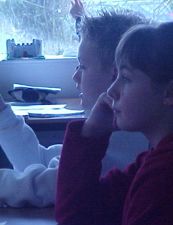 Welcome to the section for teaching history at KS3. This offers a full and comprehensive source of good advice that should be seen as a form of ‘virtual adviser’. The issues I focus on mainly are those that preoccupy history teachers in 2020. High on the agenda is the need to sort out a clear rationale for our KS3 history curriculum . Plenty of advice, and examples of what other schools are doing, are given to set you thinking.
Welcome to the section for teaching history at KS3. This offers a full and comprehensive source of good advice that should be seen as a form of ‘virtual adviser’. The issues I focus on mainly are those that preoccupy history teachers in 2020. High on the agenda is the need to sort out a clear rationale for our KS3 history curriculum . Plenty of advice, and examples of what other schools are doing, are given to set you thinking.